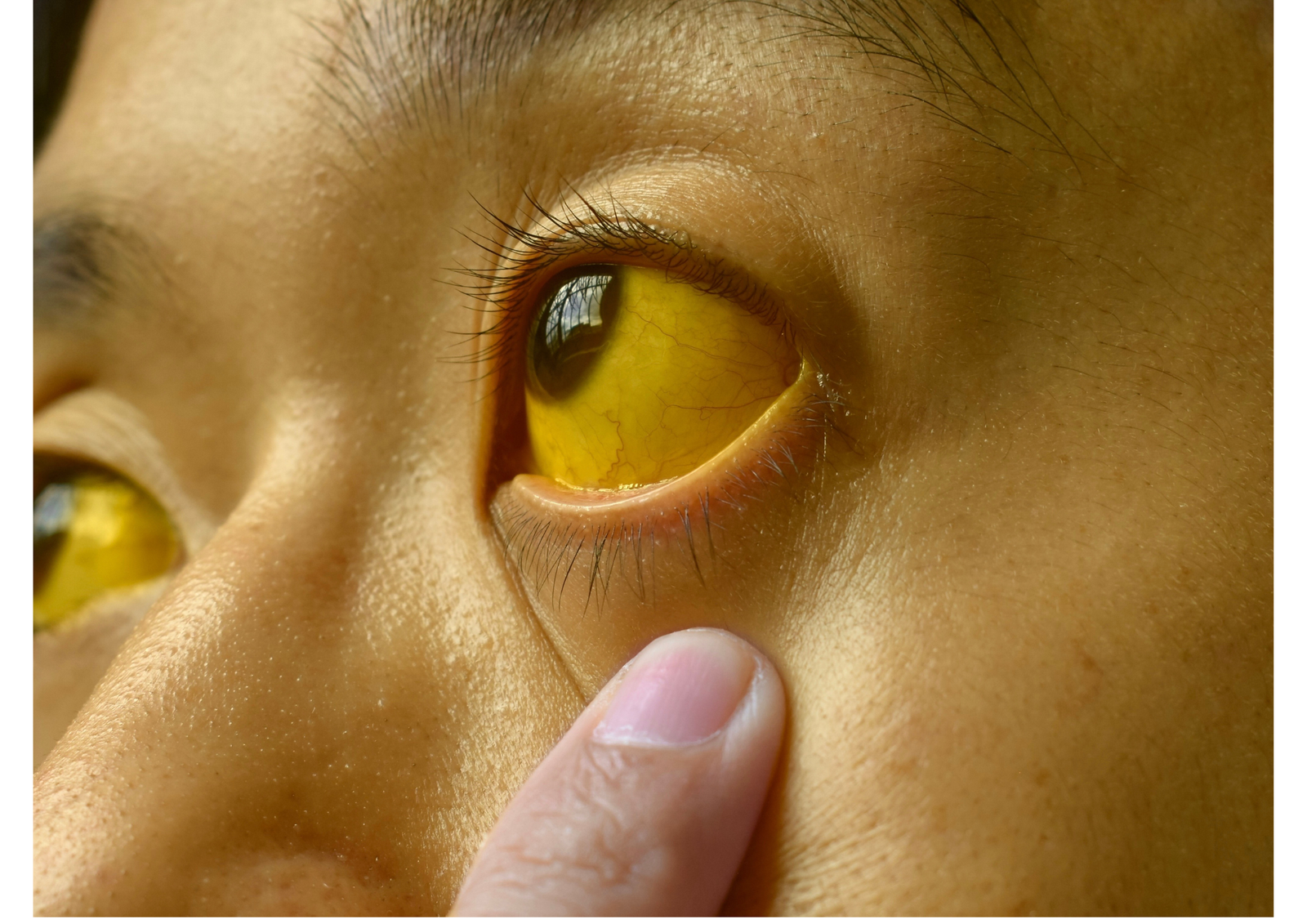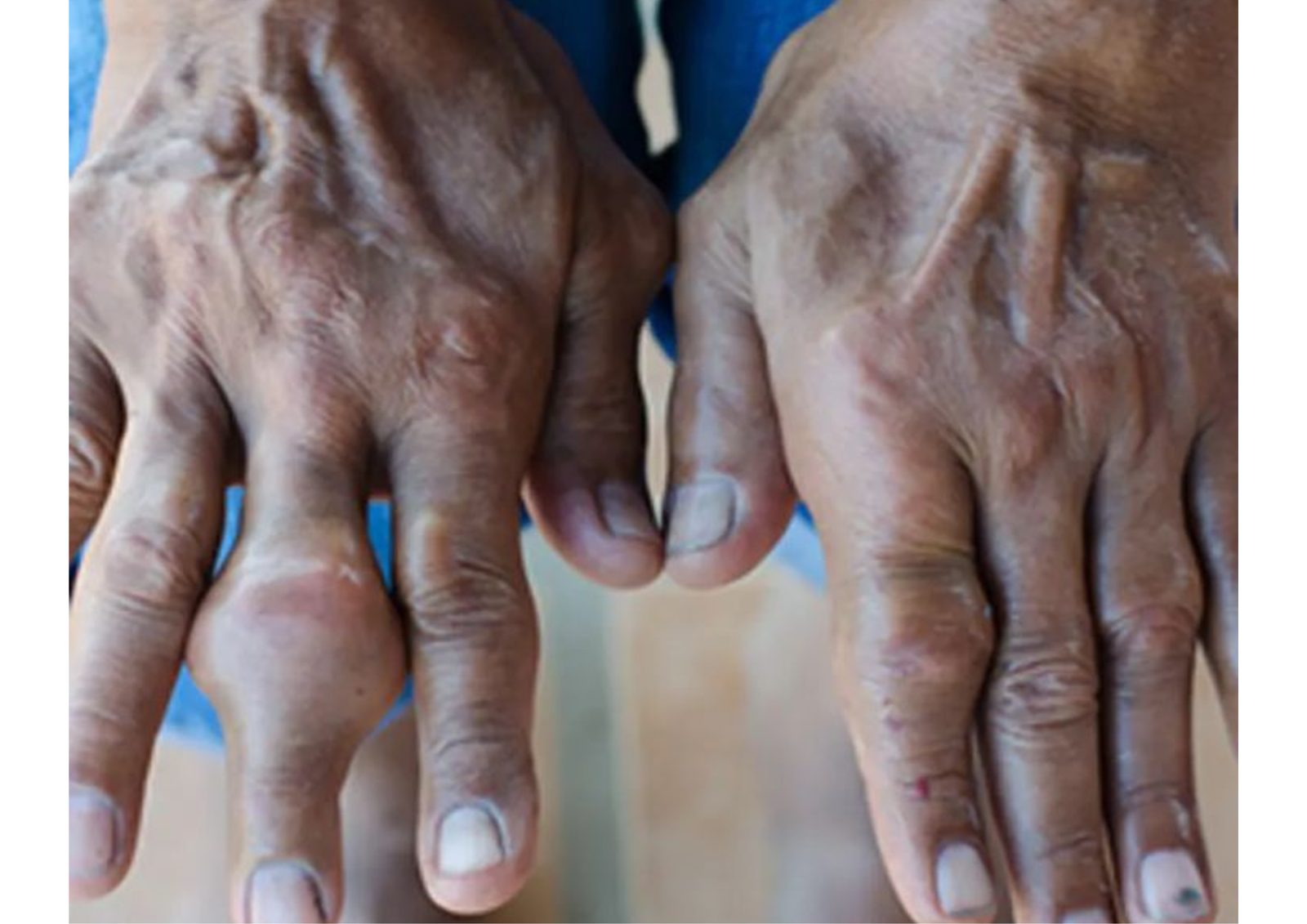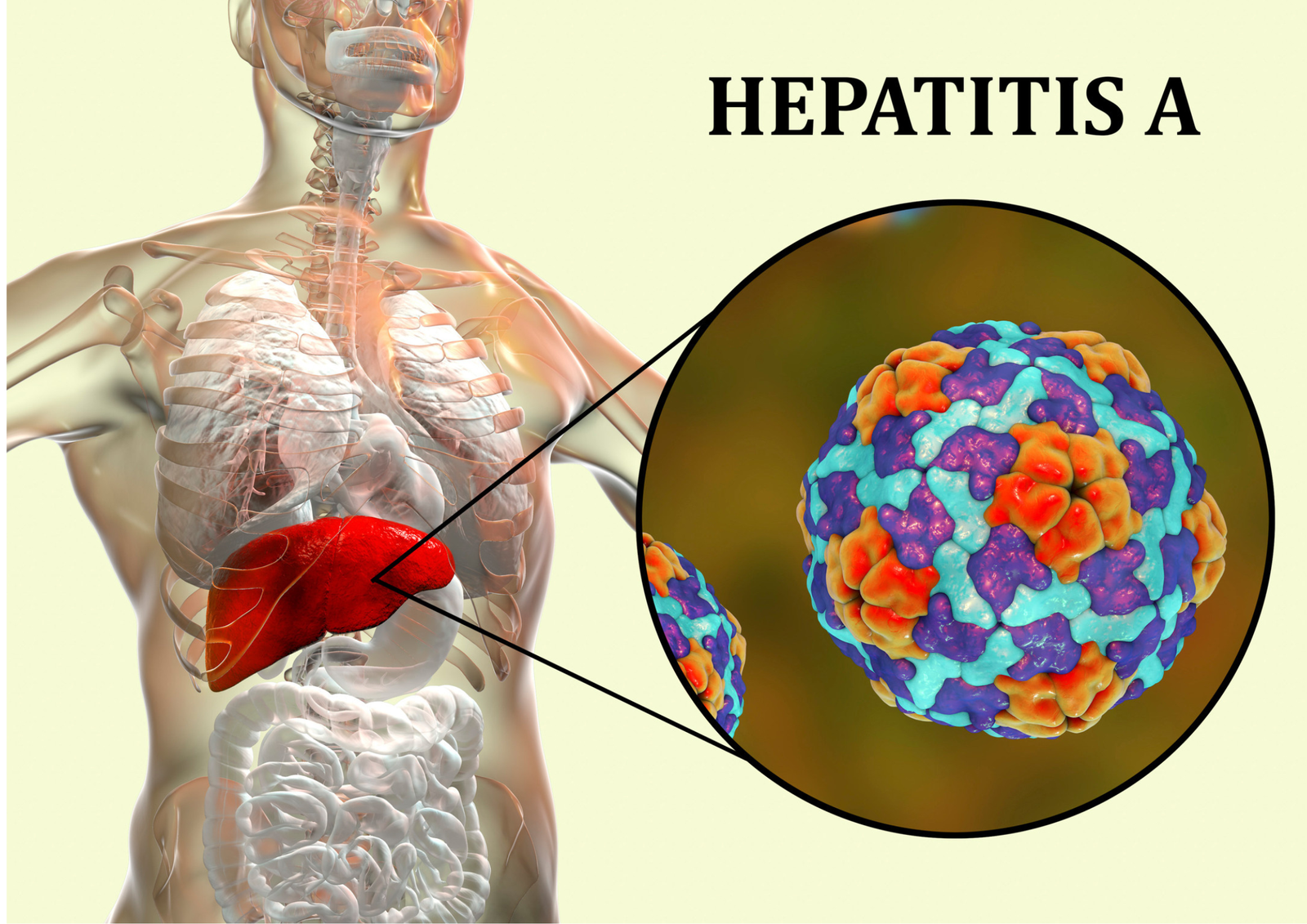
Toothache: Symptoms, Causes, Treatment and Remedies
What is a toothache, and how to see relief
A toothache can result from tooth decline, an illness, open or damaged fills, or reduced gums. Home remedy options include using a cold compress, gargling with salt water, and drinking peppermint tea.
If the pain stays for over 1 or 2 days, it is most useful to contact a dentist immediately for treatment.
Until then, simple remedies from ingredients usually open at home may temporarily reduce the pain.
Toothache
A toothache is a sign of pain in or near the tooth, usually caused by problems with the teeth or gums. Multiple toothaches can result from issues such as:
- decay
- dental abscesses
- impacted teeth
- trigeminal neuralgia
How long does a toothache later?
The underlying reason for toothache decides how long it lasts. If it lasts for better than 2 days, a person needs to consult a doctor.
Symptoms
Symptoms of toothache can include:
- pain in and about the teeth
- pain in and about the jaw
- fever
- bad breath
- foul taste in the mouth
- bleeding gums
- inflammation
- tooth sensitivity
- swelling in the gums and cheeks
Causes
Toothache can result from different causes, including:
- tooth decay
- broken fillings
- conditions in the mouth
- oral diseases, such as periodontitis
Home remedies for toothache
There are multiple home remedies to treat toothache before seeing a dentist.
A cold compress or ice pack
A cold compress or an ice pack can assist ease trusted Source dental pain, especially if the toothache is from damage or swollen gums.
For example, a person can attempt to have an ice pack or a bag of frozen peas against the outside of the cheek outside the painful tooth for a few minutes.
Using cold therapy narrows the blood vessels, slowing blood flow to the involved site. This allows dulls the pain and reduces swelling and rash.
Saltwater mouthwash
Flushing the mouth with generous salt water allows for loosening debris lodged in holes or between teeth. It may also decrease swelling, boost healing, and ease a sore throat.
A saltwater rinse involves dissolving 1 teaspoon of salt in a glass of warm water and swishing it about in the mouth for about 30 seconds before spitting it release.
Painkillers
Over-the-counter medicine, such as acetaminophen and ibuprofen, can temporarily reduce toothache.
However, a person needs to avoid providing aspirin to kids under 16 years old.
Peppermint
Like cloves, peppermint has numbing effects that can help a toothache. Menthol, which shows peppermint its minty taste and smell, is even known to be antibacterial.
A person can attempt counting 1 teaspoon of dried peppermint leaves to a cup of boiling water and soaking for 20 minutes. After allowing it to cool, they can swirl it about the mouth and spit it out or eat it.
A person can also have a slightly warm, wet teabag against the tooth for several minutes until the pain eases.
As a quick treatment, a few drops of peppermint oil on a cotton ball can even help — a person can place it on the impacted tooth.
Thyme
Thyme has medicinal benefits and is a useful treatment for chest diseases, such as bronchitis or whooping cough. Thymol, the major part of the essential oil, has antiseptic and antifungal effects.
A person can count one drop of thyme important oil to a glass of water to create a mouthwash.
Another way is to sprinkle a few drops of thyme important oil and water onto a cotton ball. After measuring the water, a person can push it against the painful tooth.
Aloe vera
Aloe vera gel, which grows in the juicy plant’s leaves, is a typical therapy for burns and minor cuts. Some people currently use the gel to clean and soothe gums.
Studies have shown aloe vera has natural antibacterial rates and can kill germs that induce tooth decay.
Using the gel to the painful region of the mouth can deliver relief.
Hydrogen peroxide rinse
Rinsing with a hydrogen peroxide solution is a useful antibacterial mouthwash, particularly if an infection induces a toothache.
However, hydrogen peroxide is difficult for a person to swallow, so they need to take care when rinsing.
A person can combine with similar amounts of 3% hydrogen peroxide and water and swish in the mouth for approximately 30 seconds. Before spitting it out, they ought to rinse the mouth several terms with plain water.
A person should bypass eating it — more, this remedy is unsuitable for children.
Cloves
Cloves are herb citizens of the Maluku Islands in Indonesia. They include eugenol, a chemical mixture that serves as a natural anesthetic.
Cloves also have anti-inflammatory and antibacterial effects, which can assist fight tooth and gum diseases.
A person can soak a little cotton ball with clove oil and use it on the area impacted by the painful tooth.
Dried complete cloves also work. Individuals can gently chew a whole clove to remove its oil and hold it against the involved tooth for up to 30 minutes.
Preventing
Methods to stop toothache are:
- rehearsing dental hygiene, such as routine brushing, flossing, using mouthwash, and avoiding sugary foods and drinks
- avoiding actions that guide tooth problems, such as smoking
- experiencing common dental checkups
When to confer with a dentist
These home treatments only provide temporary relief. It is essential to seek immediate therapy from a dentist earlier if a toothache persists for more than 2 days.
Without therapy, dental pain power lead to additional serious problems, such as gum infections or dental spots. A spot results from a bacterial infection in the innermost parts of the tooth, which is a dental pulp.
When is toothache an emergency?
A toothache may be an emergency when the discomfort:
- lasts better than 2 days
- does not go out with painkillers
- comes with a high temperature or fever
- comes with swollen or discolored gums
- comes with swollen cheeks
Conclusion
The best method to stop toothache or dental spots is to maintain teeth and gums as fit as possible. This includes brushing teeth with fluoride toothpaste twice every day, cutting down on sugary food and drinks, and maintaining routine dental checkups.
If a toothache stays more than a pair of days, people need to contact a dentist for advice and therapy.
Get More Information Click here.
If you want to 100% Ayurvedic medicine Click here.




